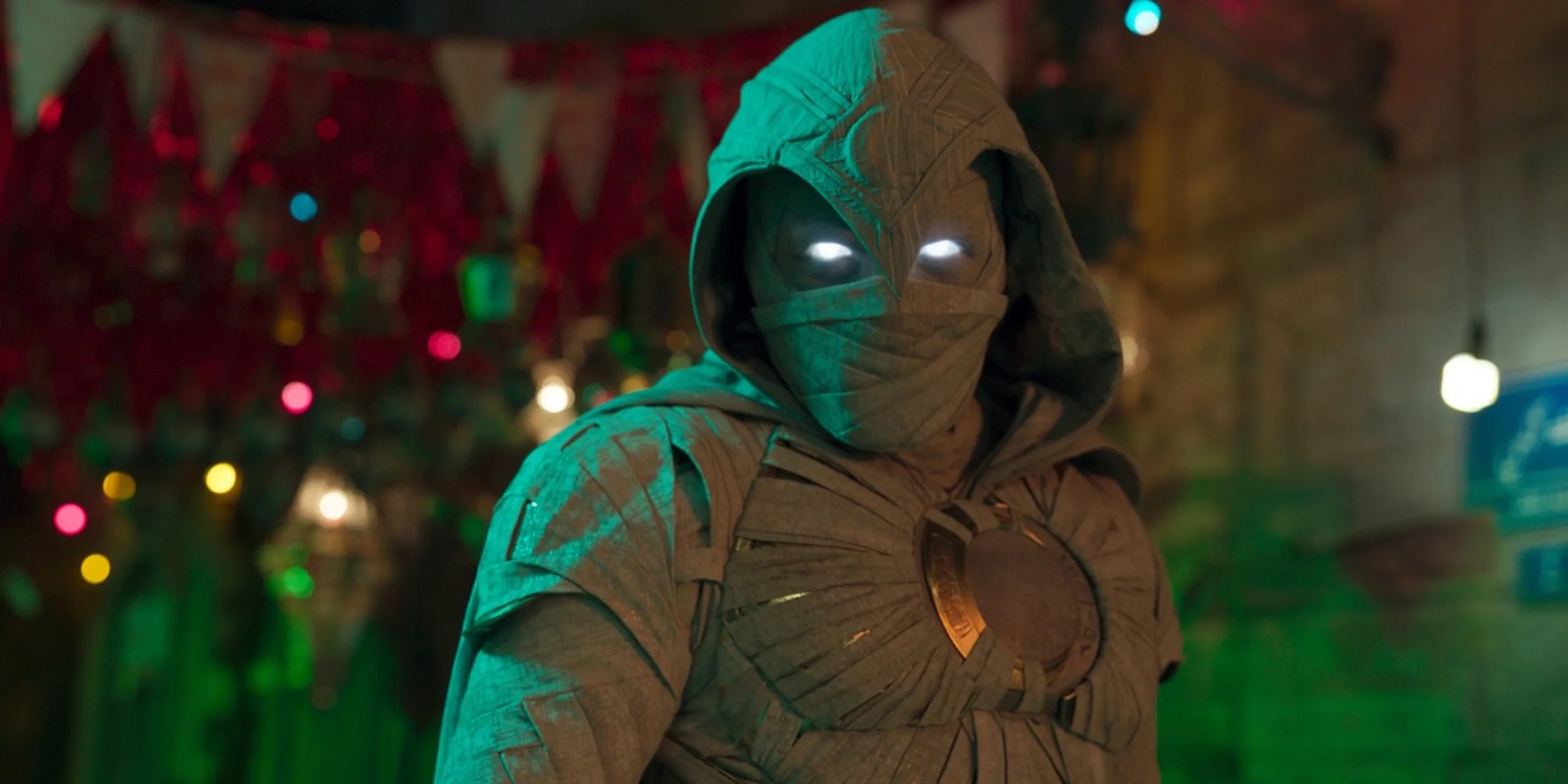
There is not a singular aesthetic to decadency and yet all it takes is one brief sniff to feel it in the air. The first few minutes of Edward Berger’s Ballad of a Small Player broach decadence through its wealthier cousin: opulence. Colin Farrell’s Lord Doyle wakes up surrounded by empty champagne bottles and half-eaten plates of lobster in a suite that would easily house a large family and makes his way towards a grand entrance where limousines used to line up to give him a ride to the next casino. Still, there is a lingering foulness to all the luxury – the unshakeable stench of a dead man walking.
Adapted from Lawrence Osborne’s quasi-biographical novel, Berger’s follow-up to Conclave is also interested in dissecting the politics and failings of faith. Instead of Catholicism, the thriller bows at the altar of luck, examining how the persona of Lord Doyle came to be: an Irishman putting on a show as an English aristocrat and racking up millions in debt across the shiny shores of the gambling mecca of the East, Macau. When we first meet him, Doyle is on the brink of despair, having feverish dreams about suicide and running from Tilda Swinton’s eccentric private investigator. Then, one fateful night, he meets beautiful floor manager Dao Ming (Fala Chen), and it seems like his luck might not have completely run out after all.
Get more Little White Lies
Berger’s elegy to the madness of repeating the same mistakes echoes those of its protagonist in how it feels constantly close to grabbing at something great but never quite reaches it. The Swiss-Austrian director crafts a welcome sensorial encapsulation of this see-sawing between grandeur and disgrace, largely helped by the composer Volker Bertelmann’s big, operatic numbers. James Friend, meanwhile, lenses the sprawling Macau with a sense of mystical inescapability.
Whenever Doyle’s journey veers dangerously close to dull in its repetitiveness, Macau takes centre stage as the one true protagonist of Ballad. The administrative region, still scarce in international cinema due to headache-inducing legalities, is an endlessly fascinating proposition: it is, like all true gambling hotspots, something of a liminal space, with doors that never close and people who never sleep. But it, too, embedded in culturally rich traditions and mythologies that stand in direct opposition to the conformity expected of a place like it.
It is, puzzlingly enough, the broaching of such traditions that ends up exposing the film’s Achilles heel. No more than a few minutes go by without unsubtle exposition, Berger hammering home ideas of spirits and ghosts until this ghost story is drained of all mystery. At any given chance, a local will refer to Doyle as a gweilo, which translates literally to “ghost man”, and is used to address the white foreigners wandering the betting halls.
Every time Dao Ming enters the screen, she is accompanied by a lyrically delivered warning. The always great Farrell attempts to imbue his doomed gambler with a sliver of naïveté́ as he stumbles towards the story’s foregone conclusion, but there is little that can be done to compensate for this feeling of inevitability.






